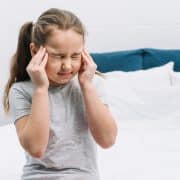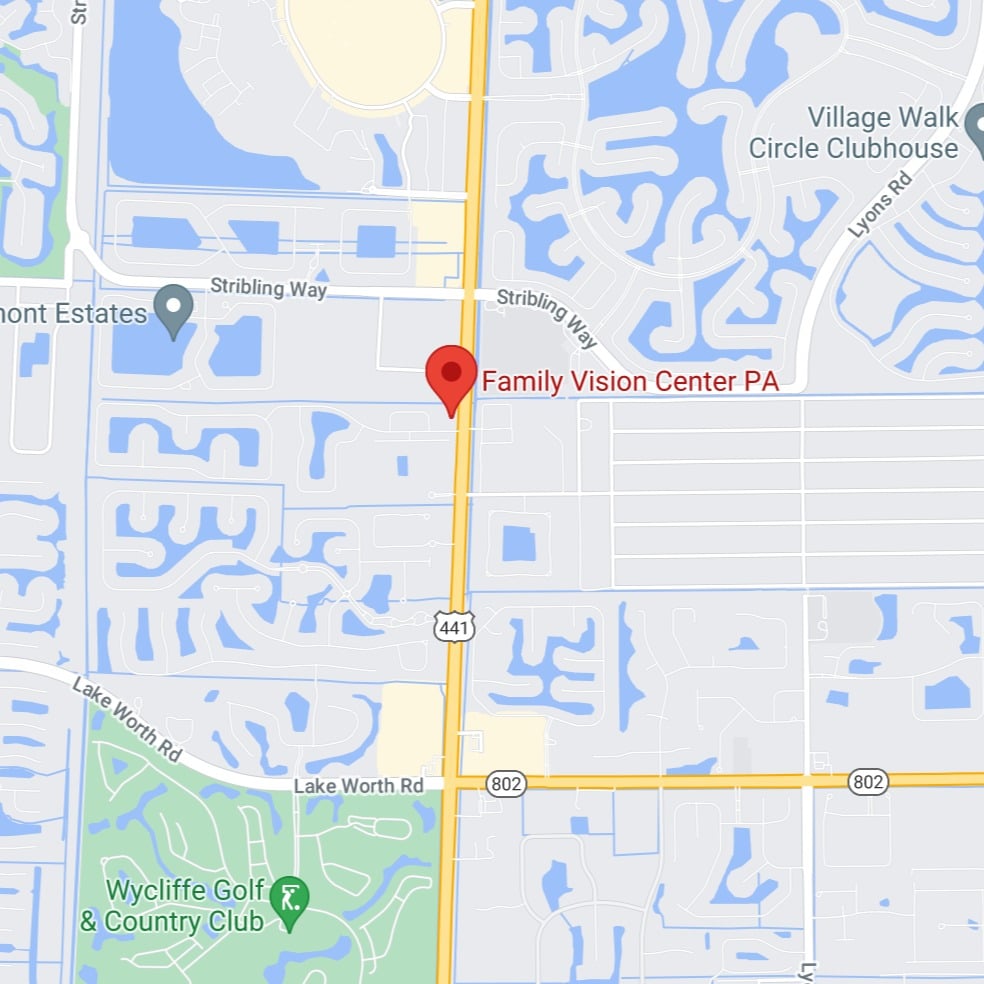3 Things to Know About Your Meibomian Gland
The meibomian gland is located at the edge of the eyelid and plays an important role in ocular health. We’ll examine its function and discuss how to protect it.
1. Your Meibomian Gland Releases Oil
When you think of your tears, you might classify them as standard saltwater. You might not realize that healthy tears are partially made up of oil. The meibomian gland releases the oil, which mixes with the tears to coat the eyes.
2. Meibomian Gland Dysfunction Can Cause Dry Eyes
When the meibomian gland is clogged or otherwise dysfunctional, the oil won’t release. This causes an imbalance in your tears, leading to dry eyes. The less oil from your glands, the less effective your tears will be. If you’ve ever felt your eyes constantly water without feeling any type of relief from dry eye, you might want to see an eye doctor in Wellington, FL.
3. Meibomian Gland Dysfunction Does Not Always Cause Dry Eyes
Dry eyes can be caused by any number of things, which is why it’s important not to self-diagnose. If you’re experiencing the symptoms of dry eyes, whether it’s stinging eyes or blurred vision, an optometrist can help you figure out what the problem is so that you can take the best course of action for your eyes.
Contact an Eye Doctor in Wellington
Dry eyes can be exceptionally dangerous, especially if they impact your vision when driving. Too many people treat dry eye with drugstore eye drops when they need a more comprehensive solution. For better treatment options, call Vision Center PA to learn more about how we can help.











